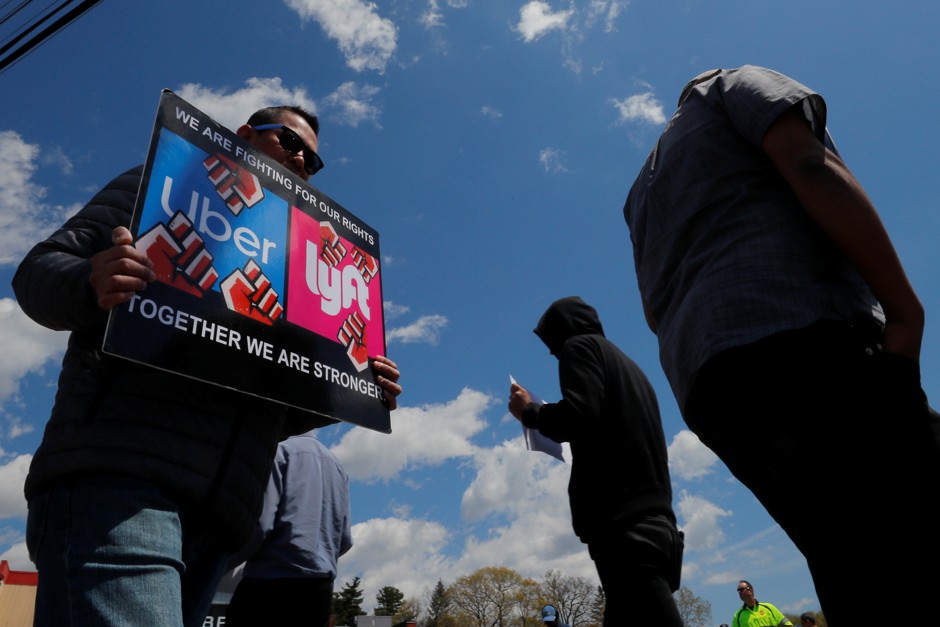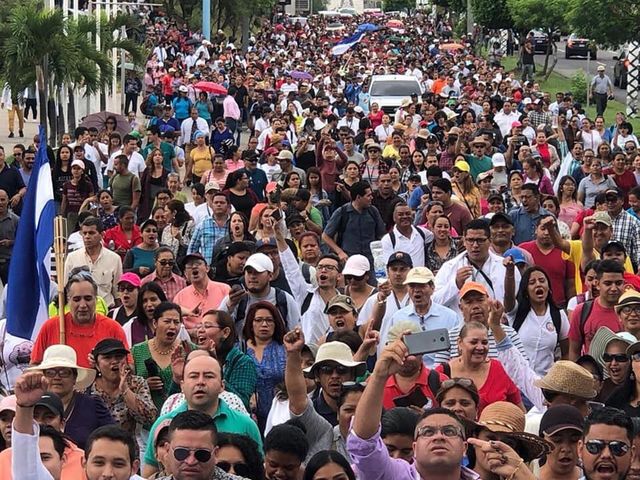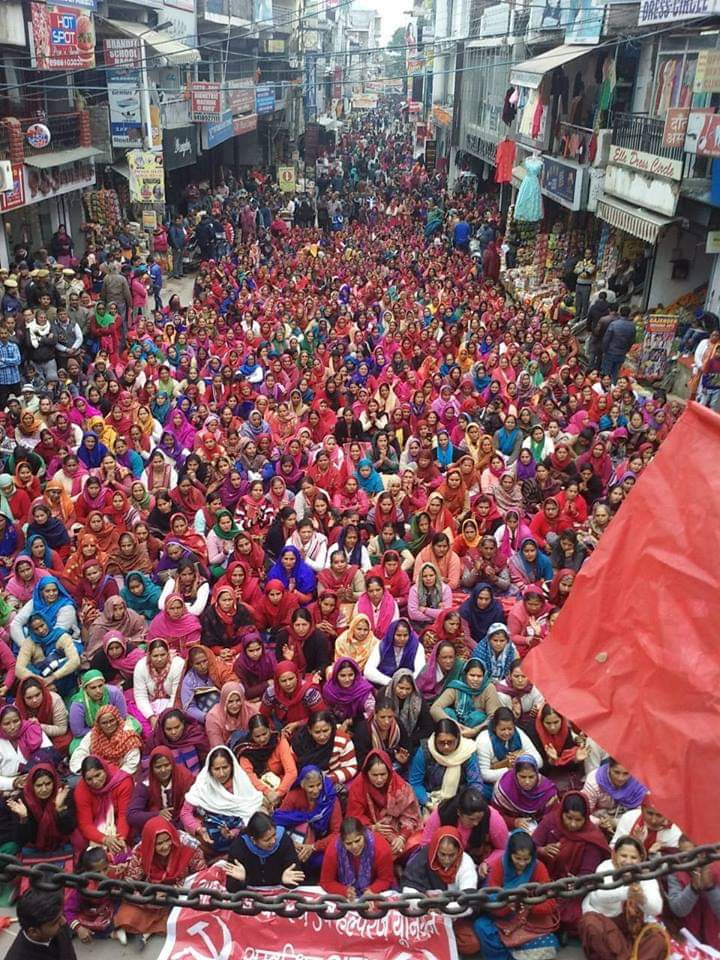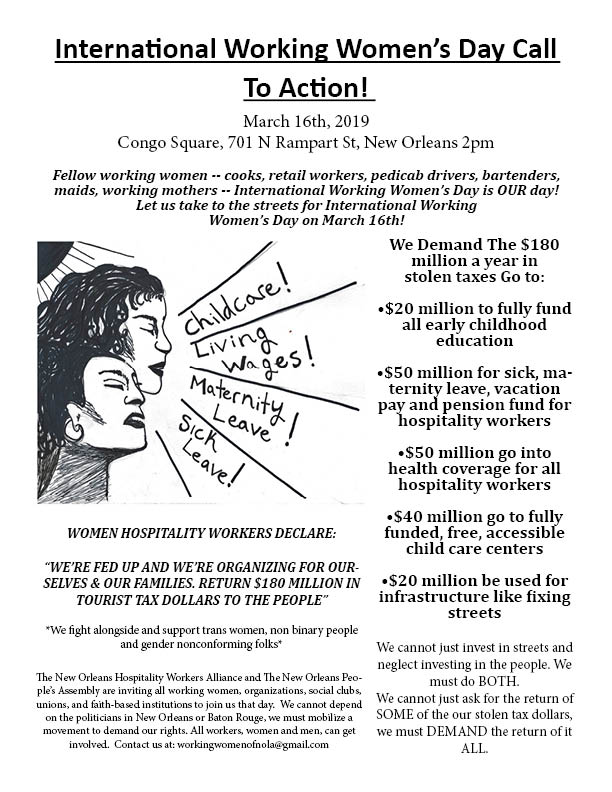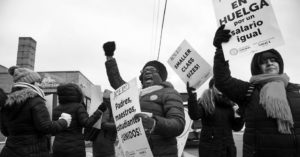By Joseph Rosen
Fans looking forward to the Men’s 2022 World Cup ought to know about and show their outrage over the conditions of slavery that many of the workers suffer from in Qatar. Construction work for the World Cup in Qatar is mainly carried out by so called guest-workers who make up over 90% of the country’s workforce.
Mainly migrating from South Asia, these workers are tricked into paying high recruitment fees and then are forced to work in order to pay off the impossible debts that their companies saddle them with. Held against their will, workers often have their wages withheld and are denied exit visas by their bosses. An investigative report by the German broadcaster WDR recorded the testimony of some of the workers: “We are captured,” said Nepali worker Dil Prasad.
“Every day we nourish ourselves on water and bread. Without money we can’t do anything else. Month on month our situation gets worse and worse.”
The hiring companies often warehouse these workers in crowded, dirty and unsafe labor camps. Many of the enslaved workers are forced to work in the extreme heat without the proper safety precautions. The Nepali government reports that 1,426 migrant workers in Qatar have died between 2009 and 2019. This year, at least 111 workers have already died, many on the job.
In 2016, the Global Slavery Index estimated that on any given day there were 403,000 people living in conditions of modern slavery in the United States.
Of course slavery is not unique to Qatar. In 2016, the Global Slavery Index estimated that on any given day there were 403,000 people living in conditions of modern slavery in the United States. Many of these people care for the sick and harvest our food. Many labor in detention camps and prisons.
In Louisiana less than 10 years ago, more than 350 Filipino guest-workers were defrauded and held in debt bondage by labor contractors. These workers—many teachers in the East Baton Rouge Parish School District—had their passports and visas confiscated by their recruiters. They were forced into unfair contracts under threat of deportation.
In Mississippi more than 590 Indian welders were lured to work for Signal Corporation, a company that got contracts to repair oil platforms in the gulf that were damaged by Hurricane Katrina. Promised permanent resident visas by their recruiters, many of these workers took on debts that were equivalent to two or three years’ salary in India. They were housed in guarded labor camps on the company’s property—24 men to a 24-by-36-foot trailer. For “room and board” each worker had more than $1,050 per month deducted from their pay. The company never delivered on their permanent residency visas.
If you are worker trapped by your employer, contact the New Orleans Workers Group for help.
None of us are free if one of us is chained!

